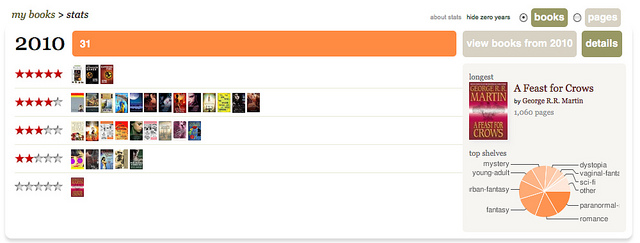TW Column by David Biddle
How to Become a Healthy Reader

I love my Fitbit wristband. It tells me how many steps I take every day and converts that into miles. It reminds me to exercise if I’m slacking off and shows me maps of the hikes I take in our woods. It even logs my sleeping activity.
Last weekend, I got an email from the Fitbit company that told me I’d walked 500 miles since I began wearing the wristband last August. I was impressed with myself! A hundred miles a month is pretty decent for a slightly overweight, sedentary writer with bad knees and a left ankle that needs arthroscopic surgery.
Wearable fitness trackers are popular because they allow users to monitor their own behavior—and to change it. From my Fitbit Flex and the Garmin Vivosmart to Jawbone's UP and the Misfit Flash, these compact personal-data collectors help track workout time, calories burned, and other measures with simple graphics. Pact, a smart phone app with the tagline “Commit to you,” even offers monetary rewards and punishments if you don’t meet your weekly gym goals.
So, why don’t we have “ReadFit” to encourage healthy reading?
Of course, e-readers such as Kindles and Nooks maintain a database of all the titles you buy. While I’m reading an e-book, I’m told how far I’ve gotten through it in percentage terms—or how many minutes I have left to read in a chapter.
But where's my report on how many books I purchased in 2014 and how many I actually read? How about a daily word count goal, with a weekly graphic that shows whether I attained my goal? What about a bar graph that displays how many genre novels vs. literary titles I read this month?
Most of us bookworm types believe reading is a healthy activity, good for the mind and spirit. Becoming more mentally fit matters for both career and personal reasons. I’d even say reading is good for what ails the modern brain—and that raising healthier readers is good for the culture. For gee-whiz reasons alone, I’m also ready for real twenty-first-century books, not just text on a screen.
As far as I can tell, e-reader apps haven’t evolved much beyond the prototypes that hit the scene in 2007. It’s as if the companies involved cobbled together old code from Adobe PDF Reader 1.1 and made it seem just cool enough, with page-flip graphics and social media links. Functional? Yes. Innovative? No.
Don’t get me wrong: I like the e-book reading experience. But considering how quickly tech products evolve and change to capture market share, you’d think e-readers would provide much more information by now. Certainly, we should be able to do more than connect e-readers to Facebook and Twitter—a dubious goal, in any case, given that “sharing” my star rating for a book also helps a number of these companies acquire more customer data about me.
Maybe Amazon’s managers think their “most popular highlights” underline option is really neat. I don’t. I want to set my own reading goals and to track how I do. My Fitbit step goal every day is 10,000 (I don’t reach that more than three times a week). I’d like to think I average at least 10,000 words a day on my Kindle when I’m using it—not a lot, I know; I only read at night before going to bed—but right now, I have no idea how much I read. None.
It’s true that online reading communities like Goodreads and LibraryThing have already established some of the statistical markers I'm talking about. Users key in information about all the books they've read and what they're currently reading. But inputting all that information is a big time commitment. I'd rather spend my time reading. Building a tracker right into the electronic book process would eliminate a lot of work for readers.
And here’s the kicker: If, say, Barnes & Noble had a cool app that told me how fit I was as a reader, I’d dump my Kindle (used by default) and Amazon in a Seattle minute. Modern e-readers have been around for a decade, and the lack of innovation makes me worry about what’s going on in the Pacific Northwest and Silicon Valley.
Then again, if Fitbit keeps it up, that company or another like it could buy out Amazon or Barnes & Noble in a few years. It could help users track data of all kinds and set personal goals. Think of it: Those of us wearing fitness wristbands (or earrings or necklaces) and reading on something like the "Actually Smart Nook" will be in good shape physically and mentally. Life doesn’t get any better than that.
Art Information
- "My Reading Stats So Far" © Louise Yang; Creative Commons license.

David Biddle is TW's "Talking Indie" columnist. He's the author of the novel Beyond the Will of God as well as several collections of short stories. As a freelance writer, David has published articles and essays in everything from Harvard Business Review, Huffington Post, and the Philadelphia Inquirer to Kotori Magazine, InBusiness, and BioCycle.
For information about his novel and other writing, see David Biddle's website.
Just for the "flash" record, this column is under 800 words.
